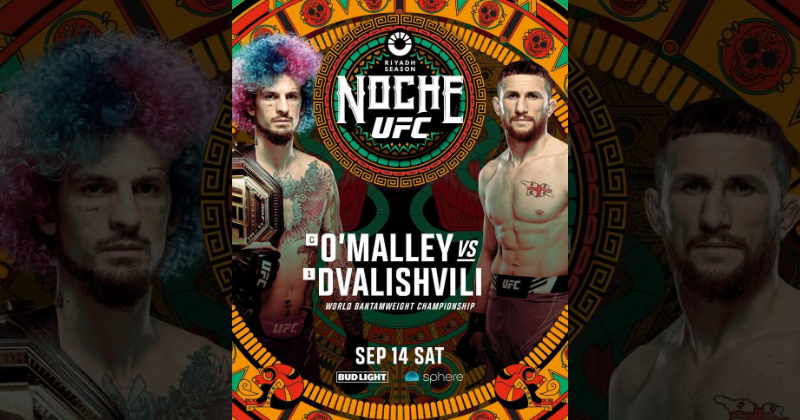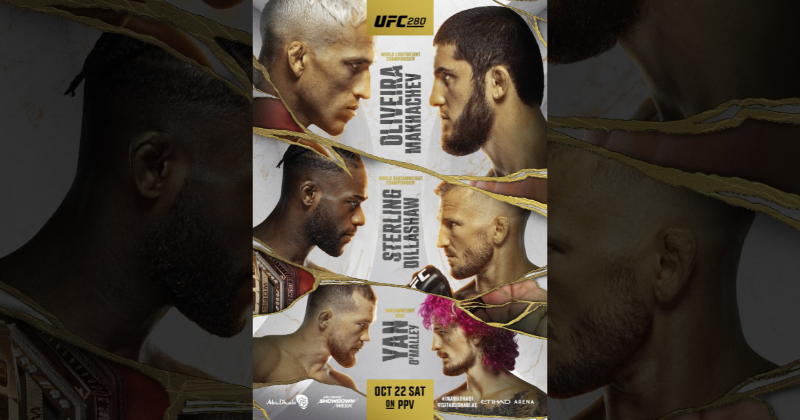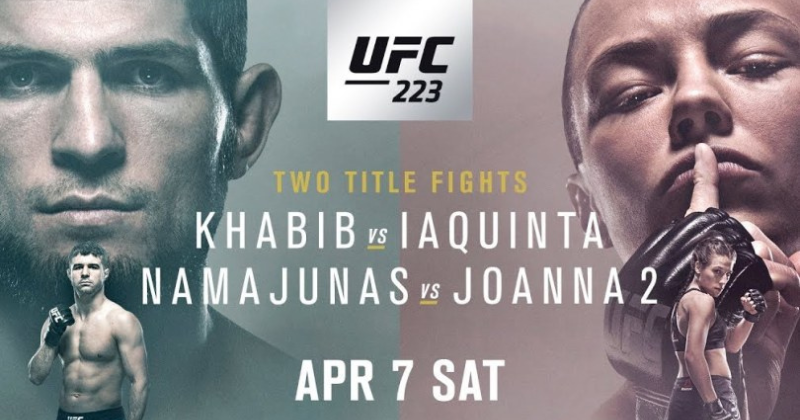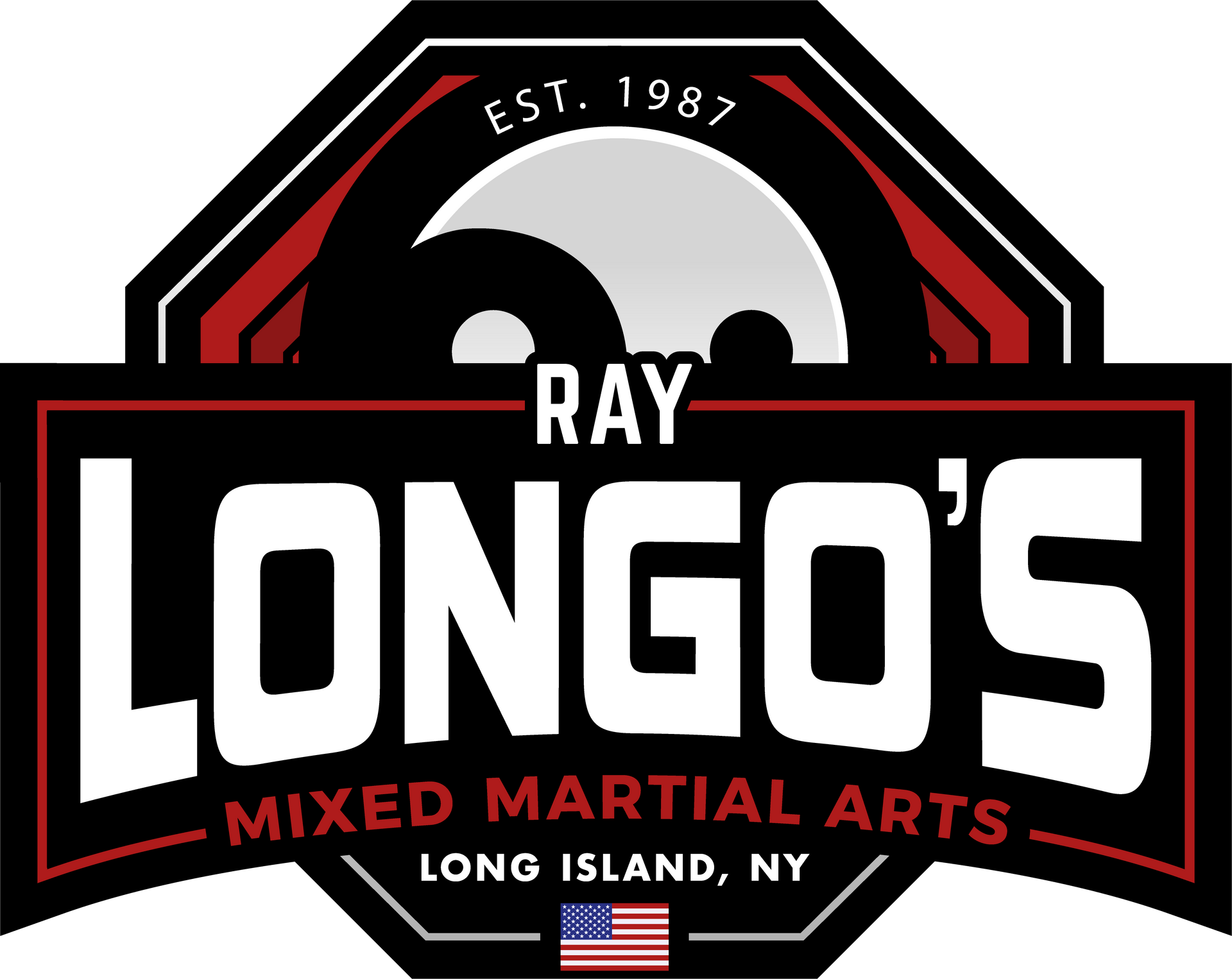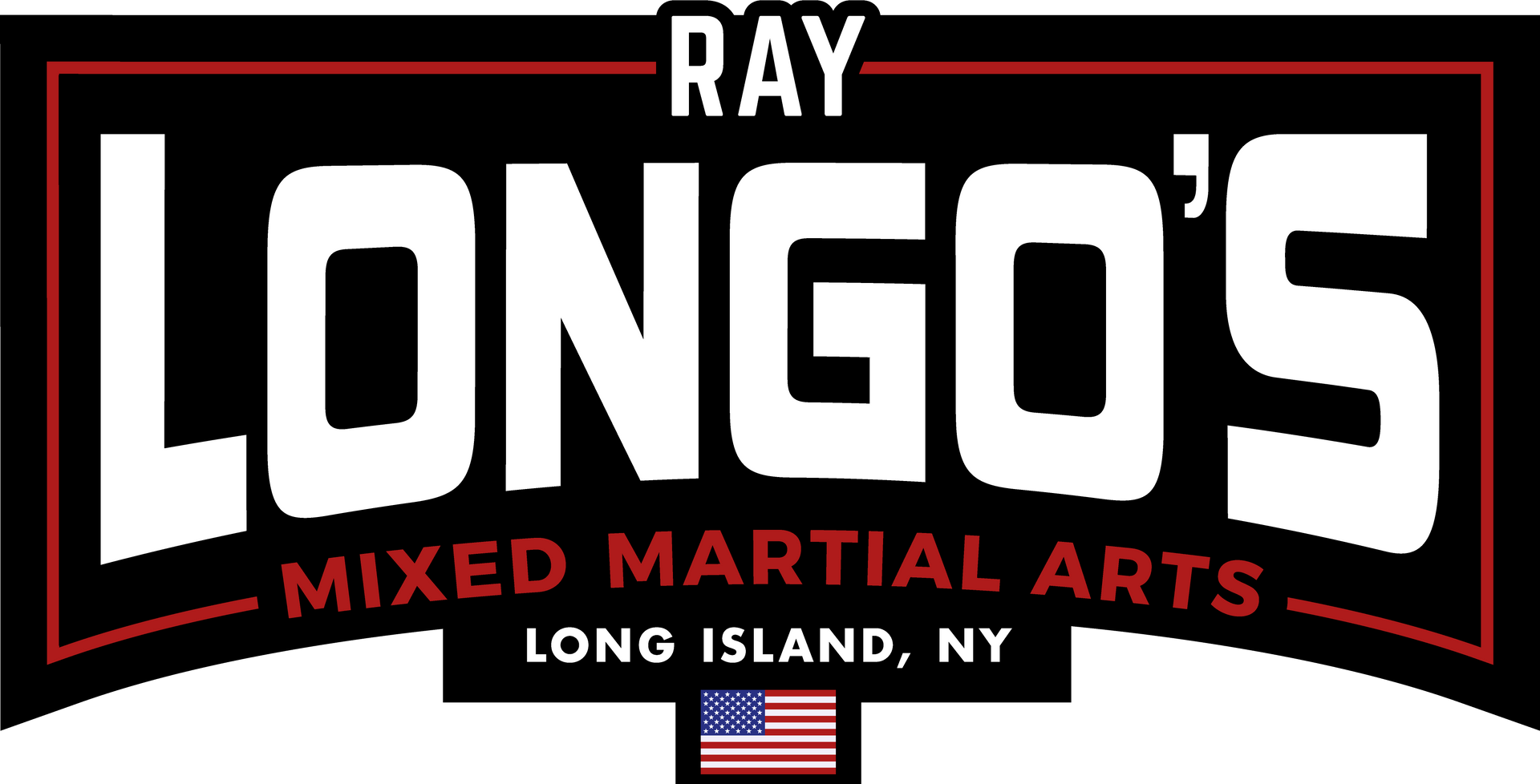How Martial Arts Fosters a Sense of Community
How Martial Arts Fosters a Sense of Community
Martial arts are more than just a set of combat techniques; they are a way of life that fosters discipline, respect, and a strong sense of community.
At Ray Longo’s Martial Arts School, the emphasis on community is one of the key pillars that sets the practice apart. In this article, we'll explore how martial arts cultivates a deep sense of belonging and connection among its practitioners, both inside and outside the dojo.
Introduction to Martial Arts and Community
Martial arts encompass various disciplines, including karate, jiu-jitsu, taekwondo, and more. Each discipline has unique techniques and philosophies, but they all share a common foundation of fostering a supportive and cohesive community. For many, the dojo becomes a second home—a place where individuals come together to train, learn, and grow not just as martial artists but as part of a collective.
Importance of Community in Martial Arts
Community is a fundamental aspect of martial arts. Beyond the physical benefits, martial arts provide a social framework that encourages collaboration, mutual respect, and lifelong friendships. The shared journey of learning and personal growth creates strong bonds among students, instructors, and everyone involved in the martial arts school.
The Core Values of Martial Arts
Respect and Discipline
Respect is at the core of martial arts. Whether it's bowing to your instructor or practicing self-control in a sparring match, martial arts instill a deep respect for others. This respect extends beyond the dojo walls, shaping how students interact with their peers and society.
Honor and Integrity
Martial arts teach practitioners to uphold the highest standards of honor and integrity. This means being honest, showing humility, and being fair, which helps to build a trustworthy and tight-knit community.
Commitment to Self-Improvement
The journey in martial arts is one of constant learning and self-improvement. Practitioners encourage each other to strive for their best, celebrate progress, and learn from setbacks. This collective pursuit of personal excellence fosters a strong community spirit.
Building Relationships through Martial Arts
Bonding with Peers
Training alongside others creates a unique bond. The shared experience of learning techniques, pushing through tough workouts, and celebrating achievements helps students build lasting friendships. This sense of camaraderie is a key component of the martial arts experience.
Learning from Instructors and Mentors
Instructors and senior students play a significant role in shaping the community within a martial arts school. They serve as mentors, offering guidance, encouragement, and support, helping to create a nurturing environment where everyone feels valued.
Connecting with a Diverse Group of People
Martial arts attract people from all walks of life. This diversity enriches the learning experience and helps practitioners gain new perspectives, understand different cultures, and develop empathy for others.
Creating a Supportive Environment
Encouraging Team Spirit
Martial arts classes often involve group drills, partner exercises, and team challenges that encourage collaboration and teamwork. This collective effort reinforces the idea that everyone is part of a larger community working towards common goals.
Celebrating Individual and Group Achievements
Whether it's earning a new belt, mastering a difficult technique, or simply showing up consistently, achievements are celebrated at every level. Recognizing these successes boosts morale and reinforces the supportive nature of the martial arts community.
Providing Emotional Support
The dojo is not just a place for physical training; it’s also a space where students can find emotional support. Whether someone is going through personal challenges or needs encouragement in their training, the martial arts community is there to lift each other up.
Inclusivity in Martial Arts
Welcoming All Ages and Skill Levels
One of the great strengths of martial arts is its inclusivity. People of all ages, from young children to seniors, and all skill levels can participate. This inclusive approach helps build a diverse and dynamic community where everyone feels welcome.
Breaking Down Barriers of Race, Gender, and Ability
Martial arts do not discriminate. They are open to anyone willing to learn, regardless of background, gender, or ability. This openness promotes equality and fosters a sense of unity among all practitioners.
Events and Group Activities
Competitions and Tournaments
Participating in tournaments and competitions is a great way for martial artists to connect with a broader community. These events foster a sense of belonging and provide opportunities for students to represent their school with pride.
Workshops and Seminars
Workshops and seminars are excellent opportunities for students to learn from different instructors and styles. These events help to expand the community beyond the regular classes and allow students to meet and interact with martial artists from other schools and disciplines.
Social Gatherings and Community Events
Martial arts schools often organize social gatherings, such as picnics, holiday parties, or charity events. These activities strengthen bonds among members and create a family-like atmosphere within the school.
Mentorship and Leadership Opportunities
Role of Senior Students
Senior students in martial arts often take on leadership roles, guiding newer members and setting a positive example. This mentorship is a vital part of community building, as it helps to pass down traditions and maintain the school’s values.
Opportunities for Teaching and Mentoring
As students progress, they may be given opportunities to assist in teaching classes or mentoring others. These roles foster a sense of responsibility and belonging, as individuals contribute to the growth of their community.
Overcoming Challenges Together
Supporting Each Other Through Training Obstacles
Martial arts training can be tough, and everyone faces challenges at some point. Whether it’s overcoming a fear, mastering a complex technique, or dealing with injuries, having the support of a community makes these obstacles easier to tackle.
Building Resilience as a Group
The process of overcoming challenges together builds resilience. This shared resilience strengthens the community, as members learn to rely on one another and build each other up during difficult times.
The Role of Martial Arts Schools in Community Building
Creating a Safe Space for Growth
Martial arts schools like Ray Longo’s provide a safe and supportive environment where students can grow and develop. This sense of safety is crucial for fostering a strong community, as it allows individuals to be themselves without fear of judgment.
Promoting Positive Social Interactions
Through structured classes and social activities, martial arts schools promote positive interactions among students. This helps to build a respectful and inclusive community where everyone feels valued.
Life Lessons Learned in Martial Arts
Applying Martial Arts Principles Outside the Dojo
The lessons learned in martial arts extend beyond physical training. Principles such as respect, discipline, and perseverance apply to all aspects of life, helping students to become better people both inside and outside the dojo.
Developing a Sense of Responsibility
Martial arts teach students to take responsibility for their actions, both in training and in life. This sense of responsibility contributes to a strong community, as individuals are encouraged to be accountable to themselves and others.
The Mental and Emotional Benefits of Community in Martial Arts
Stress Relief through Shared Experiences
Training in a group setting offers a unique form of stress relief. The camaraderie and shared experiences of martial arts provide a supportive outlet for managing stress and enhancing mental well-being.
Enhancing Confidence and Self-Esteem
Being part of a supportive community boosts confidence and self-esteem. As students progress and achieve their goals, they gain a sense of accomplishment that is reinforced by the encouragement of their peers.
The Impact of Martial Arts on Local Communities
Community Outreach Programs
Many martial arts schools engage in outreach programs that benefit the wider community. These programs can include self-defense workshops, anti-bullying campaigns, and charity events, all of which help to extend the positive influence of martial arts beyond the dojo.
Building Stronger Local Networks
By connecting individuals with a shared interest in martial arts, schools like Ray Longo’s help to build stronger local networks. These connections can lead to partnerships, collaborations, and a greater sense of community within the broader local area.
Testimonials: Personal Stories of Community in Martial Arts
Student Experiences
Hearing from students about their personal journeys in martial arts can be inspiring. Many have found not just fitness and skills, but also a second family within the dojo. These stories highlight the profound impact that martial arts can have on creating lasting community bonds.
Stories from Instructors
Instructors often have their own stories of how martial arts have shaped their lives and helped them build communities. Their experiences underscore the importance of fostering a supportive and inclusive environment for all students.
FAQs about Community in Martial Arts
How does martial arts help build friendships?
Martial arts help build friendships through shared experiences, teamwork, and mutual support during training. The camaraderie developed in the dojo often extends into personal relationships outside of class.
Can beginners feel a sense of belonging in martial arts?
Yes, martial arts are designed to be inclusive, welcoming students of all levels. Beginners quickly find themselves part of the community, supported by instructors and peers as they learn and progress.
What makes martial arts schools unique in fostering community?
Martial arts schools are unique because they combine physical training with personal development, creating a holistic environment where students can connect on multiple levels.
Are there community activities outside of training?
Yes, many martial arts schools offer a variety of community activities, including social events, workshops, and
competitions, which help to strengthen bonds among members.
How do martial arts values translate to everyday life?
The values taught in martial arts, such as respect, discipline, and perseverance, are applicable in everyday life, helping individuals to handle challenges, build relationships, and achieve personal goals.
Can martial arts improve mental health through community support?
Absolutely. The sense of belonging and support found in martial arts communities can significantly improve mental health, providing stress relief, boosting confidence, and fostering a positive mindset.
Final Thoughts
Martial arts are not just about self-defense or physical fitness; they are a powerful tool for building community. Whether through shared values, supportive environments, or inclusive practices, martial arts create a sense of belonging that enriches the lives of all involved. At Ray Longo’s Martial Arts School, this community spirit is at the heart of everything we do, offering a welcoming space for anyone looking to grow, connect, and be part of something greater than themselves.
